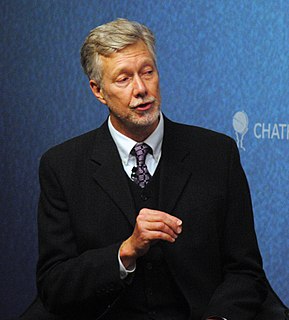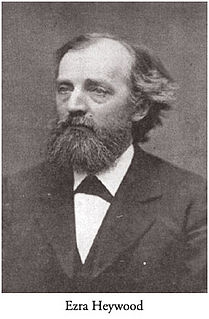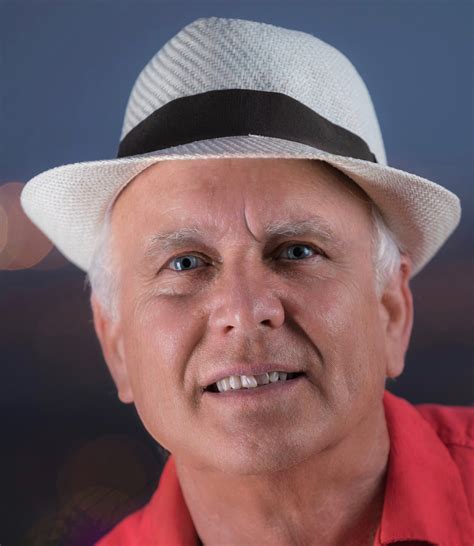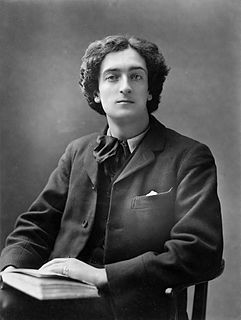A Quote by Ambrose Bierce
PLUNDER, v. To take the property of another without observing the decent and customary reticences of theft. To wrest the wealth of A from B and leave C lamenting a vanishing opportunity.
Related Quotes
When the rich plunder the poor of his rights, it becomes an example for the poor to plunder the rich of his property, for the rights of the one are as much property to him as wealth is property to the other, and the little all is as dear as the much. It is only by setting out on just principles that men are trained to be just to each other; and it will always be found, that when the rich protect the rights of the poor, the poor will protect the property of the rich. But the guarantee, to be effectual, must be parliamentarily reciprocal.
And keep as few things as possible, so that you don't have to fear for them. Give them up without a struggle-because otherwise the humiliation will poison your heart. They will take them away from you in a fight, and trying to hold onto your property will only leave you with a bloodied mouth ... But by owning things and trembling about their fate aren't you forfeiting the rare opportunity of observing and understanding?
At times some people use force or fraud to take from others without willful, voluntary consent. Normally, the initiation of force to take life is murder, to take liberty is slavery, and to take property is theft. It is the same whether these actions are done by one person acting alone, by the many acting against a few, or even by officials with fine hats and titles.
By deriving it's just powers from the governed, government becomes primarily a mechanism for defense against bodily harm, theft, and involuntary servitude. It cannot claim the power to redistribute money or property nor to force reluctant citizens to perform acts of charity against their will. Government is created by the people. No individual possesses the power to take another's wealth or to force others to do good, so no government has the the right to do such things either. The creature cannot exceed the creator.
One ideological claim is that private property is theft, that the natural product of the existence of property is evil, and that private ownership therefore should not exist... What those who feel this way don't realize is that property is a notion that has to do with control - that property is a system for the disposal of power. The absence of property almost always means the concentration of power in the state.
Now since man is naturally inclined to avoid pain - and since labor is pain in itself - it follows that men will resort to plunder whenever plunder is easier than work. History shows this quite clearly. And under these conditions, neither religion nor morality can stop it. When, then, does plunder stop? It stops when it becomes more painful and more dangerous than labor. It is evident, then, that the proper purpose of law is to use the power of its collective force to stop this fatal tendency to plunder instead of to work. All the measures of the law should protect property and punish plunder.
It [the free market] is an organizational way of doing things, featuring openness, which enables millions of people to cooperate and compete without demanding a preliminary clearance of pedigree, nationality, color, race, religion, or wealth. It demands only that each person abide by voluntary principles, that is, by fair play. The free market means willing exchange; it is impersonal justice in the economic sphere and excludes coercion, plunder, theft, protectionism, and other anti-free market ways by which goods and services change hands.
In the nature of things, those who have no property and see their neighbors possess much more than they think them to need, cannot be favorable to laws made for the protection of property. When this class becomes numerous, it becomes clamorous. It looks on property as its prey and plunder, and is naturally ready, at times, for violence and revolution.
































